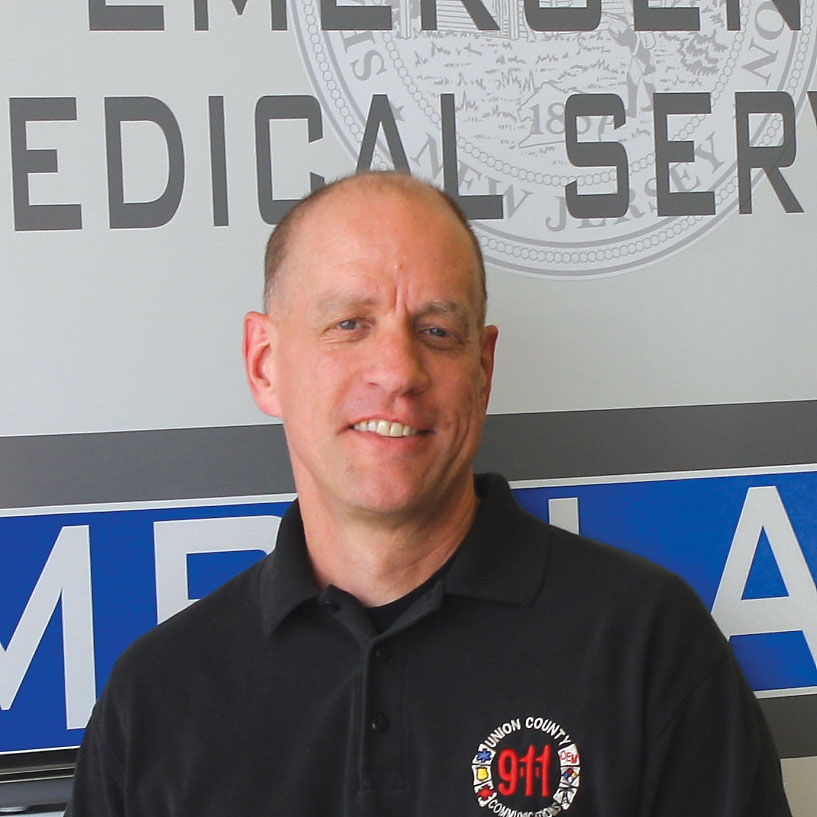You can’t improve what you’re doing without feedback on your performance. That’s a basic premise of just about every kind of training in the world from flying to football. It’s also the basis of quality assurance and quality improvement. We can’t change the past. We can only learn from our past experiences and do better next time.
Recently my agency became one of the first to use a third-party software application that sends an automated survey to 911 wireless (mobile) callers. The survey goes out two days after the call, and the software application ignores certain call types such as cardiac arrest so as not to be considered intrusive or inappropriate. The survey is short and to the point: How do you rate the quality of the service you received, and would you like to provide any comments? What a great concept: getting feedback from the very people who are at the core of our profession.

The emergency dispatchers I work with, predictably, were less than enthusiastic. They worried that callers who are stressed would make negative comments. “Wait and see,” I said. “I’ll bet you the overwhelming majority will have positive things to say.” And sure enough, they did. “The individual was highly trained and very professional.” “She was very pleasant and patient with me as she took my information.” “A huge thank you for the courteous interaction and willingness to help.” And so on. Of course, there were some that pointed toward room for improvement, such as “spoke too fast in the beginning, but slowed down as soon as I asked.” But none were unfairly critical.
To me, the overwhelming positives were no surprise as we have a deeply embedded culture of customer service. It’s not a policy, it’s a belief: Callers deserve kindness, patience, and empathy for no other reason than it’s the right thing to do. Unfortunately, there are still emergency dispatchers out there who regularly display annoyance and impatience and feel that it’s acceptable—necessary, even—to scold and berate callers.
Granted, culture is like an iceberg, and can’t be pushed in another direction without continued effort. But it starts with one voice. If you hear someone in your center talk to a caller in a way that would embarrass you if it were played publicly, say something. The voice of a peer is often the most powerful.
We live in an age of instant information exchange. It seems like we can’t engage in the simplest interaction without being asked, via email or text, to rate the quality of the service we receive. Paradoxically, for all the feedback asked of us, the quality of human interaction has declined with so many service providers. I have to wonder why. The common factor seems to be the inability or unwillingness to add the human touch into what would otherwise be an impersonal interaction. It’s not hard to do, even when using scripted protocols.
The human touches are what will set your calls apart. In protocol-based call handling, they’re called enhancements. Ever look up that word? The Oxford English Dictionary says it means “an increase or improvement in quality, value or extent.” When I finish screening for COVID on a call, I’ll say, “Thanks for your patience, I know you’re probably tired of being asked those questions so often.” Or when I have a caller who’s struggling to breathe—let’s call her Michelle—I might say, as I hand her off to the responders who just arrived, “Take care of yourself, okay Michelle?” Even closing with a simple “stay safe” lets the caller know they reached a real person. It makes for a more pleasant interaction overall, and that benefits us as much as them.
Stay safe. And stay healthy.









